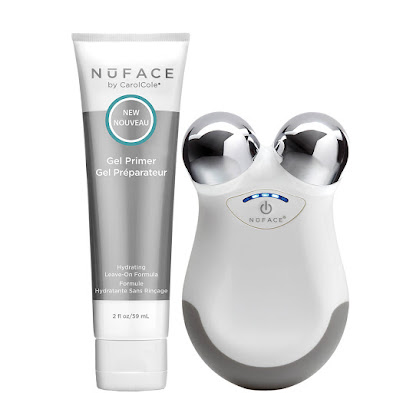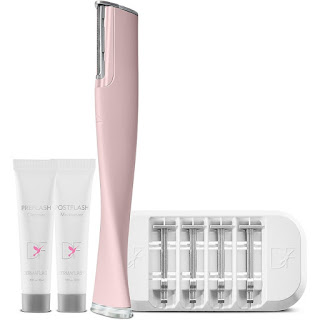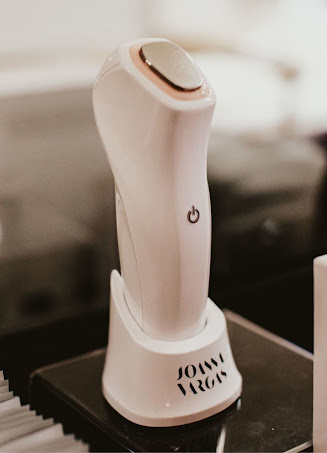THE BEST MOISTURIZERS FOR DRY SKIN
Dealing with dry skin is enough to leave anyone frustrated, frazzled and, well, flaky. Even worse, chronic dryness is associated with a disrupted skin barrier. “Without an optimal barrier function your skin becomes more vulnerable to minor trauma and infections, and it will take longer to heal,” says Dr. Hadley King, a board-certified dermatologist and clinical instructor of dermatology at the Weill Medical College of Cornell University in New York. The best remedy to restore your skin’s barrier—and keep your complexion smooth and supple—is, without a doubt, a moisturizer made to nourish dry skin types.
The Best Ingredients for Dry Skin
“Moisturizers help to keep the skin looking and functioning at its best and help ensure the strength and resilience of the skin barrier,” says Dr. King. She recommends reaching for products that contain hydrating and nourishing ingredients—specifically moisturizing creams or ointments that contain oils such as olive or jojoba. “Shea butter also works well,” she adds. “Other ingredients that help soothe dry skin include lactic acid, urea, hyaluronic acid, dimethicone, glycerin, lanolin, mineral oil and petrolatum.” To best absorb all the hydration your moisturizer contains, she recommends applying immediately after washing.
Ready to arm your skin with the protective barrier it needs to remain healthy and hydrated? Read on for the best moisturizers that are guaranteed to do the job and leave you with that desirable dewy glow.
1. FIRST AID BEAUTY(ULTRA REPAIR CREAM)
Not only is this face and body cream intensely hydrating, it’s also free of fragrances, alcohol, phthalates, sulfates and parabens, which can irritate sensitive and dry skin, explains Dr. Dendy Engelman, a board-certified dermatologic surgeon in New York. “This moisturizer contains oatmeal, shea butter and antioxidants to soothe skin and fight environmental aggressors, which are important qualities in a skin care product for dry skin types,” she adds.
2. SKINCEUTICALS (EMOLLIENCE)
If you’re looking for a lightweight moisturizer that gently soothes the skin, absorbs relatively quickly and delivers just enough hydration to last all day long, this is a great option. A rich blend of exclusive lipids and marine extracts, including algae, is incredibly nutrient-rich and works to nourish and hydrate the skin. Other plant oils include grapeseed, rosehip and macadamia nut, which work to restore the skin’s barrier function to protect it against free radicals in the environment.
3. MURAD (INTENSE RECOVERY CREAM)
This intensely nourishing cream is more like a dense balm designed to hydrate extremely dry skin that’s irritated and red. In doing so, it simultaneously reduces the appearance of fine lines and wrinkles, too. The ingredients are mostly plant-based, including a blend of shea butter and macadamia oil to deeply hydrate, mirabilis jalapa plant extract to soothe irritation and rednes and microalgae extract, which has been shown to reduce the look of stress-related expression lines.
4. PCA SKIN (COLLAGEN HYDRATOR)
Ideal for overnight use (when your skin is working its hardest to repair itself) this collagen hydrator can also be used anytime—morning and afternoon, too. It incorporates a nourishing combination of shea butter and hyaluronic acid to rehydrate overly dry skin. It also softens the skin’s texture with a blend of emollients and wheat protein and balances your skin’s natural pH levels with sweet almond oil.
5. OBAGI (HYDRATE LUXE)
Although this cream can be used both in the morning and evening, it’s actually formulated to work in tandem with your skin’s natural nightly function to restore and hydrate while you sleep. Shea butter helps soothe and soften the skin, while naturally occurring biomimetic peptides form a barrier that locks in moisture and aids in cellular repair.














